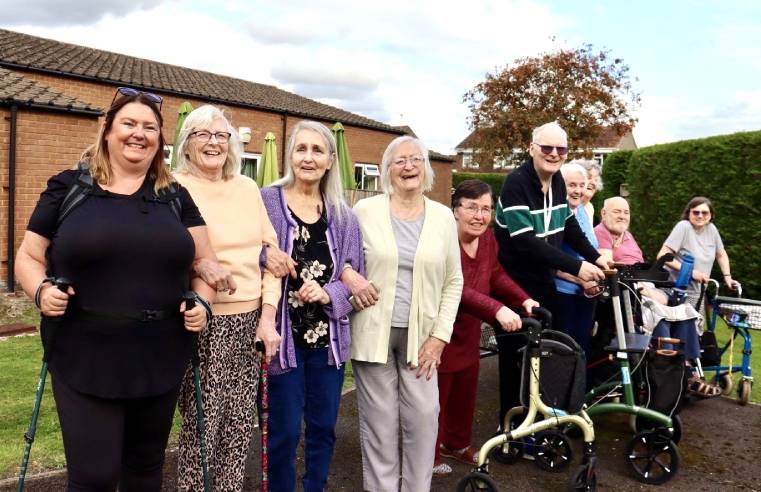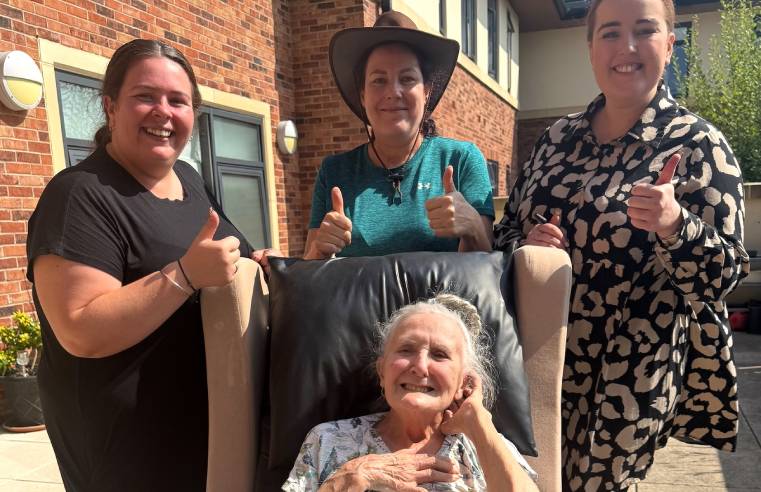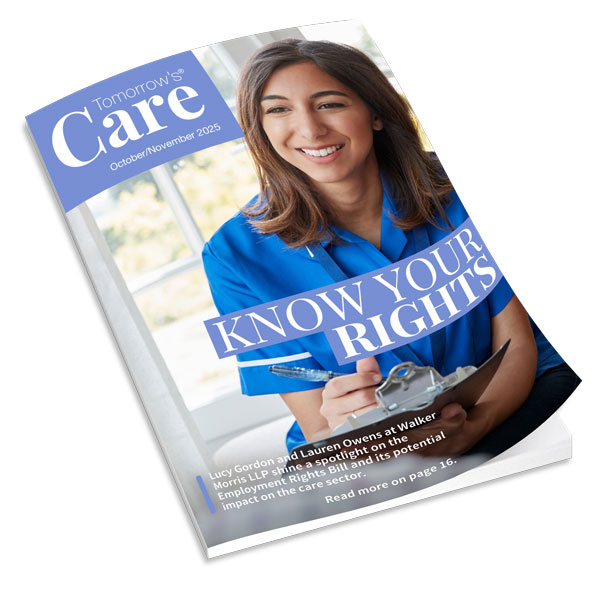53% of British adults believe abuse and neglect in care homes is commonplace in care homes according to a survey from charity Independent Age.
Those surveyed cited personal experience as the reason for their beliefs, with 15% knowing someone in a care home, 5% working in a care home and 25% hearing personal experience from others.
In light of the results Independent Age say personal experience is a key reason for concern about abuse and neglect in care homes.
The older person’s charity is calling for new measures to understand the scale of the problem.
Simon Bottery, Director of Policy & External Relations at Independent Age commented: “While the research finds that most people’s negative view about care homes is based on media coverage, it is worrying that so many say they are basing it on personal experience.
“We are calling for a survey of staff in care homes to better understand the scale of the problem. While we hope and expect that abuse and neglect is less widespread than believed, it is essential we know for sure.”
The charity is urging the government to take responsibility for collecting a basic set of core information about care homes to give earlier warnings of a home providing poor care.
They want better information and transparency about quality of care to be made available to the public when choosing care.
Independent Age also wants the Department of Health to commission a social care staff survey similar to the NHS staff survey asking if staff would recommend the provider they work for and whether they have witnessed neglect or abuse.
‘Shining a light on care: Helping people make better care home choices’ also found that 85% of adults say that they have not visited a friend or relative living in a care home in the past year.
Of those adults who have visited a care home in the past year, 45% believe neglect and abuse to be common.
45% of those surveyed described the overall quality of care in care homes as bad and 22% said if they wanted to find a care home for a relative or friend, they would not know where to go for information, including 1 in 5 of over-65s.
71% of people who believe neglect and abuse to be common cite media coverage of the care sector as a reason for this belief.
The latest figures from the CQC show that while the majority of care homes inspected are rated “good” or outstanding” nearly 4,000 care homes in England are delivering substandard care or are struggling to improve.
There were nearly 40,000 safeguarding risks relating to care homes reported and investigated in England in 2015/2016, with the CQC raising concerns about the fragility of the adult social care market, suggesting it might be approaching a “tipping point”.
The charity reports that, while there is some limited information available about performance in care homes (e.g. whether it has a registered manager in place), there is no common measure of what a good quality care home looks like.
The report also uncovered gaps in the information care homes directly provide about their own services. A mystery shopping exercise, carried out for the report, involved phoning care homes to ask six basic questions about the home. Only 4% of care homes spoken to were able to provide a ‘good’ answer to every question.
The research found that people reported very low levels of awareness of existing sources of information on care homes, and often struggled to trust information that they do find.
Professor Paul Burstow, former Care Minister, said: “For most of us, the thought of going into a care home is often something we only ever think of us as a last resort. But when the time comes to choose one, people need a straightforward view of what good quality care looks like, what they should avoid and what they should ask. After all, people choosing a care home rarely get second chances. Government, regulators and the care industry all have a role to play in making choosing a care home easier.”
You are here
- Home
- >
- Safeguarding
- >
- Over half of British adults believe abuse and neglect common in
Over half of British adults believe abuse and neglect common in care homes

Published on 06/07/2016
Related News
Categories
- CQC ratings
- Care home news
- Care jobs
- Care planning
- Care sector awards
- Care sector events
- Care sector news
- Care staff
- Charity
- Cleaning & Hygiene
- Construction
- Dementia
- Disability
- Entertainment
- Finance
- Fitness
- Food & Drink
- Fundraising
- Furniture
- Health & Safety
- Healthcare
- Hospice & Palliative Care
- Hospitals
- Industry Comment
- Interiors
- Laundry
- Legal
- Leisure
- Medication
- Mental Health
- Mobility
- New appointments
- PPE
- Products
- Property
- Recruitment
- Relationships
- Research
- Safeguarding
- Security
- Services
- Social care
- Sustainability
- Technology
- Training
- Transport
- Uniforms
- Waste
- Wearables




















